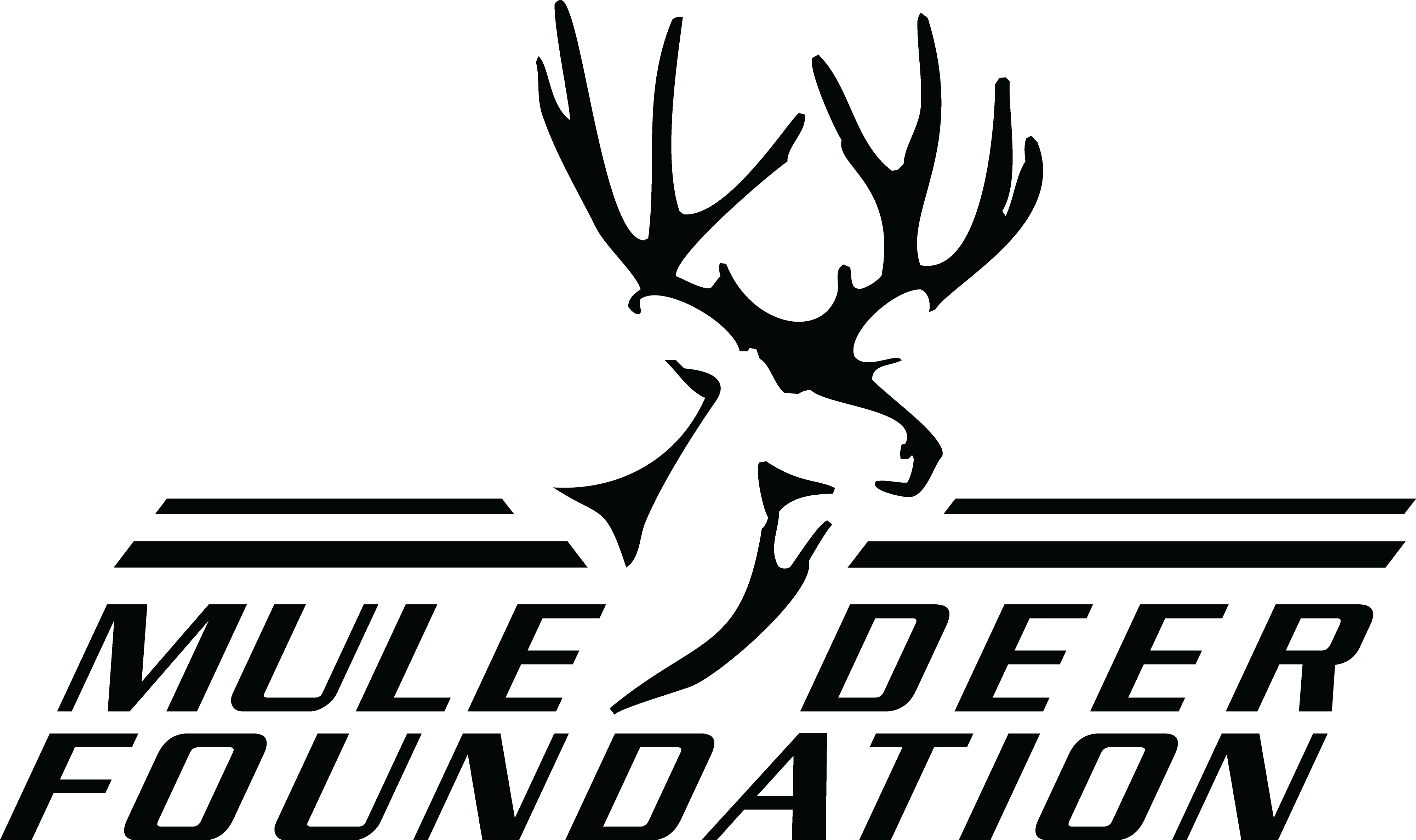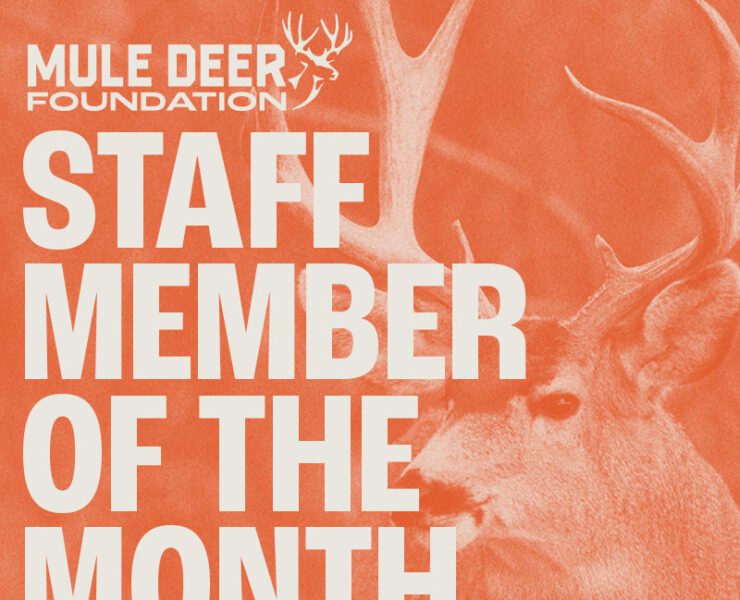Outreach
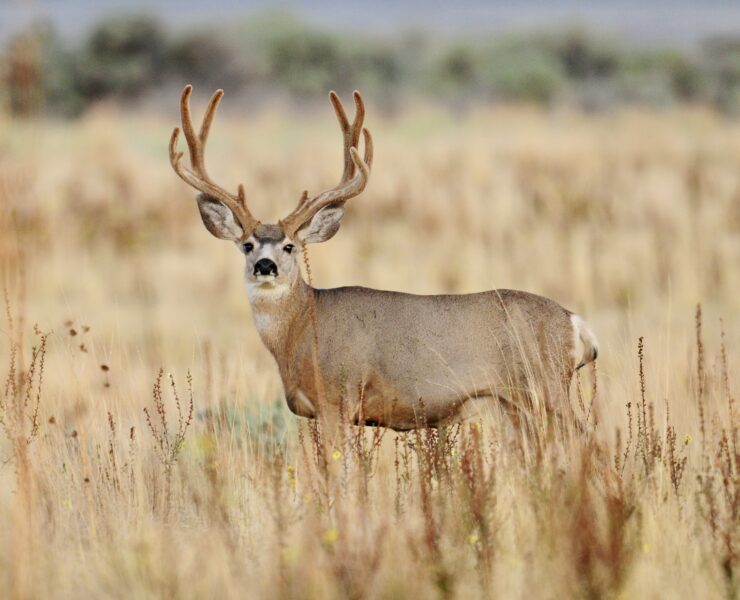
f you’ve spent any time on the eastern prairie breaks or the steep ridges of western Montana, odds are you’ve crossed paths with mule deer. They’re woven into the landscape here. To we fortunate few who have invested in this land these critters are not just as a game animal, but a part of what makes the West wild. Like a lot of things in Montana, their story is one of peaks, valleys, and a changing environment.
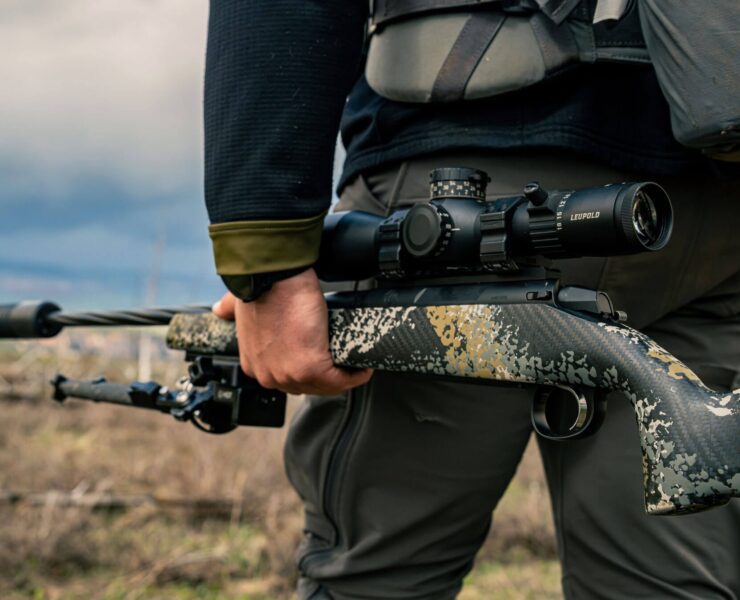
This new action was designed to complement the historic Mark V® and Vanguard® lineups by offering a new platform that was value-rich, innovative, and could accommodate a wide variety of after-market accessories. Since the launch of Model 307, Weatherby has released several rifle models, but today they released the Alpine ST, which features a carbon fiber stock and spiral fluted barrel for just $1,999.
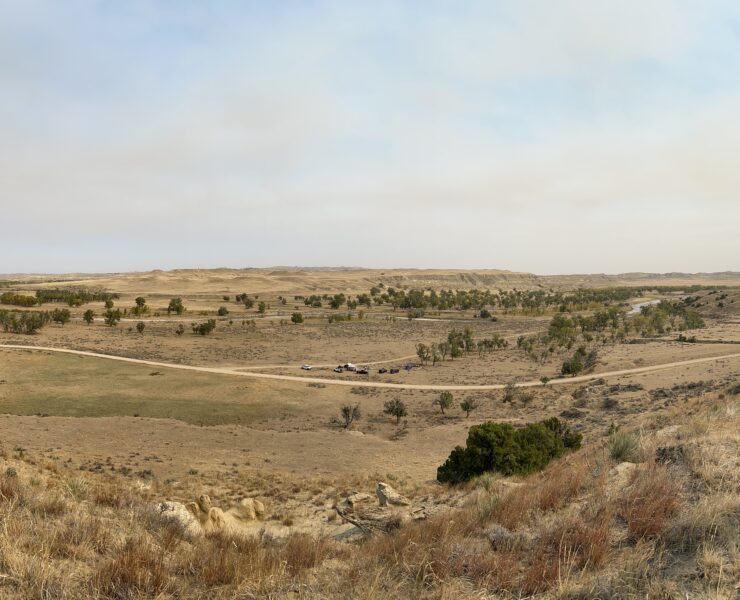
So the fabled hunting trip out west for mule deer has made it out of the group chat, and you are ready to start packing. The whole group is excited but you are more nervous as the trip becomes real. You have only hunted Ducks and Whitetails your entire life in the woods and waters of the Eastern United States. So you get online and instantly are overwhelmed with knowledge. Have no fear, here are the key points to focus on as you prepare to head out west.

The Mule Deer Foundation (MDF) and Idaho Fish and Game Department are seeking a highly motivated and dedicated individual to fill the role of Transportation Technical Assistance Liaison to support IDFG with providing biological technical assistance to ITD. In this role, you will be a critical member of an interagency team supporting ITD’s programs and projects with a nexus to fish, wildlife, and botanical resources. This position will provide leadership and creativity for exploring and implementing solutions to benefit both conservation and society’s transportation needs.
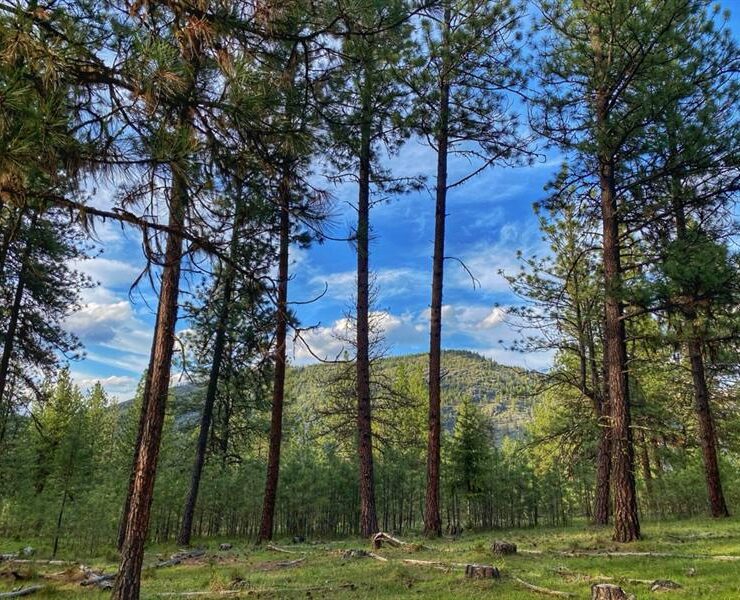
The Mule Deer Foundation (MDF) applauds Senators John Curtis – UT-(R), Tim Sheehy – MT (R), John Hickenlooper – CO (D), and Alex Padilla – CA (D) for introducing the Fix Our Forests Act (FOFA) in the United States Senate. This bi-partisan Act will allow federal land management agencies including the US Forest Service and Bureau of Land Management to improve the health of our public lands including work on important habitats for mule deer.
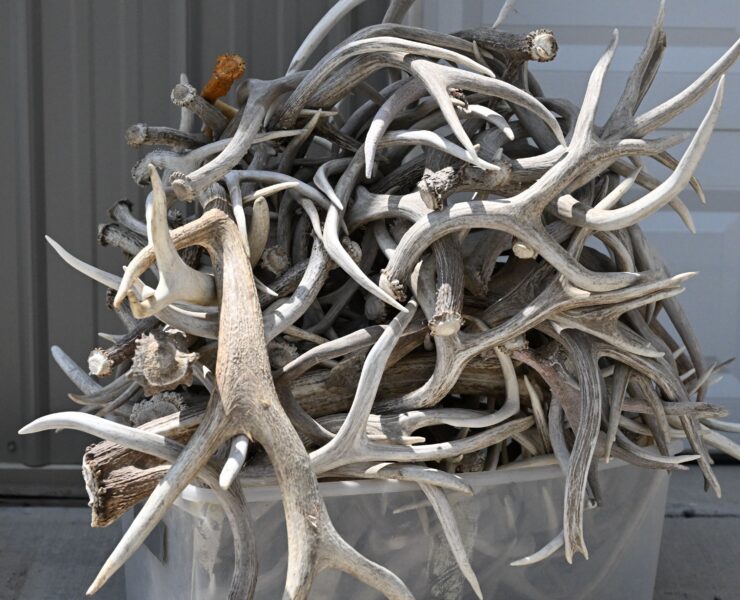
As part of our ongoing efforts to protect wildlife and ensure the survival of mule deer, we ask for your cooperation in respecting the winter range closures and restrictions that are in place during their critical winter survival period. Shed hunting is becoming a larger recreational pastime and it can be tempting to go out early especially as the weather gets better. However, the Mule Deer Foundation urges you to wait because now is an important time for mule deer and other wildlife trying to survive the last bits of winter. Late spring is when they are in the worst shape they will be in all year and any extra energy expenditure can be life threatening.
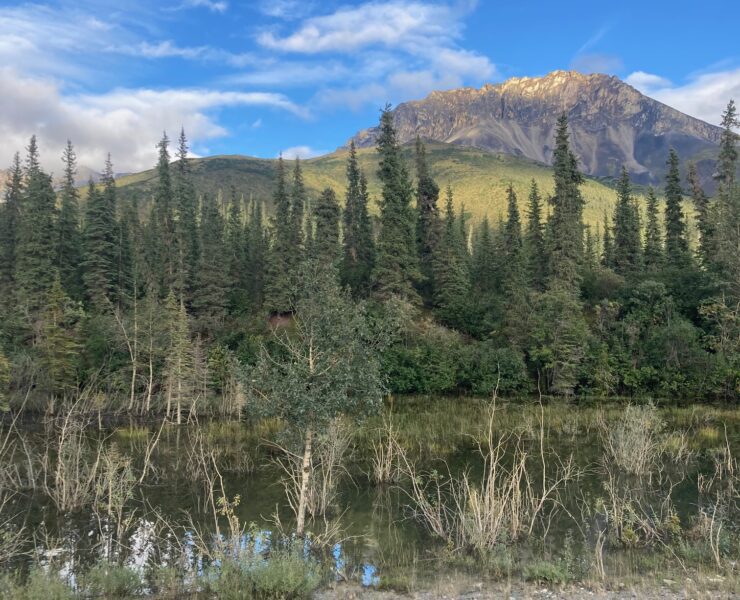
The Mule Deer Foundation (MDF) strongly supports the newly introduced bipartisan legislation led by U.S. Senators John Curtis (R-UT) and Michael Bennet (D-CO), which seeks to enhance and expedite emergency watershed recovery efforts in the wake of natural disasters such as wildfires, floods, and other catastrophic events. These bills, the Making Access to Cleanup Happen (MATCH) Act and the Watershed Protection and Forestry Recovery Act, are vital to preserving the health of our western landscapes and ensuring the resilience of communities that depend on these natural resources.
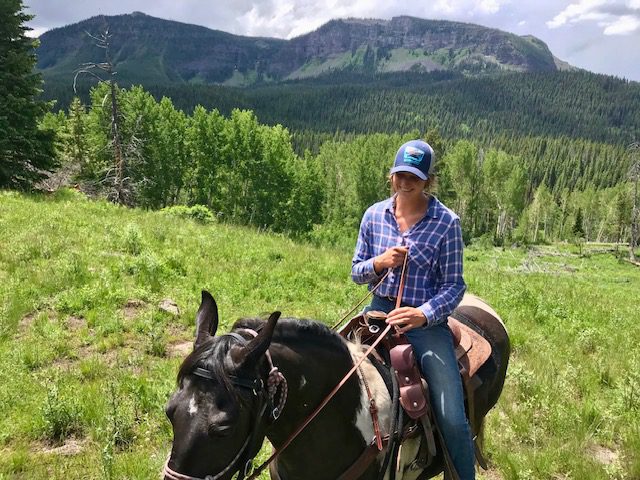
The USDA Forest Service manages nearly 200 million acres of public land all over the country. That’s a lot of ground to cover, especially when you consider the agency’s mandate to make decisions on how best to utilize and maintain the land for “the greatest good of the greatest number in the long run.”
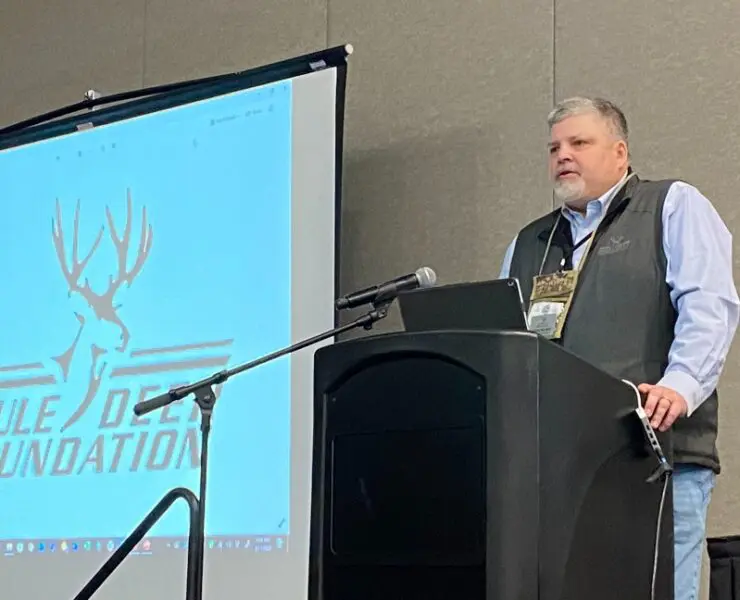
The North American conservation model is the bedrock of all hunting and fishing tradtions in the United States. A critical part of this concept is that we, the people, own the land and the resources, which is managed through scientific management through the state wildlife agencies and legislation supported by scientific data from these agencies. Now, this is very much the best-case scenario: a state legislator sitting in the State Communittee that overseas fishing and game notices that the Turkey population has been decreasing. A member then uses that scientific data from the state agency, to propose a bill that would limit the season so they can in the long term help try to recover the population. It’s pretty cut and dry, but unfortunately, that’s not always what happens.

FOR IMMEDIATE RELEASE December 4th, 2024 CONTACT: Trevor Hubbs ([email protected]) The Mule Deer Foundation Launches…


